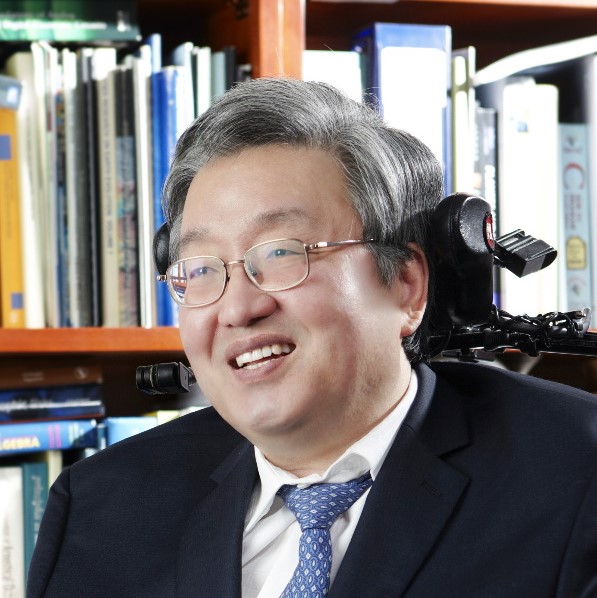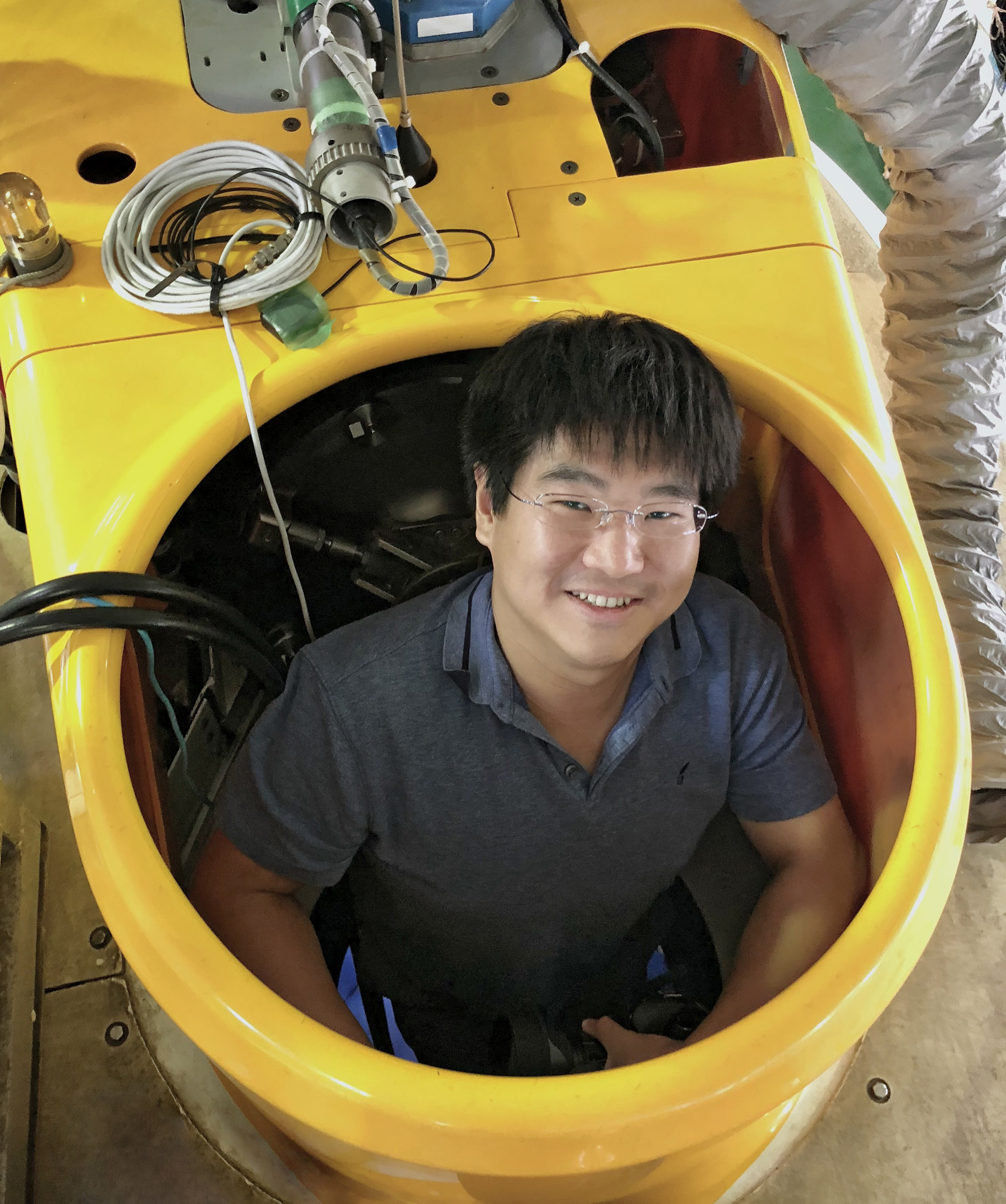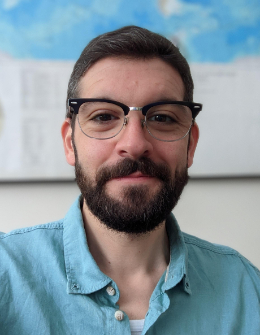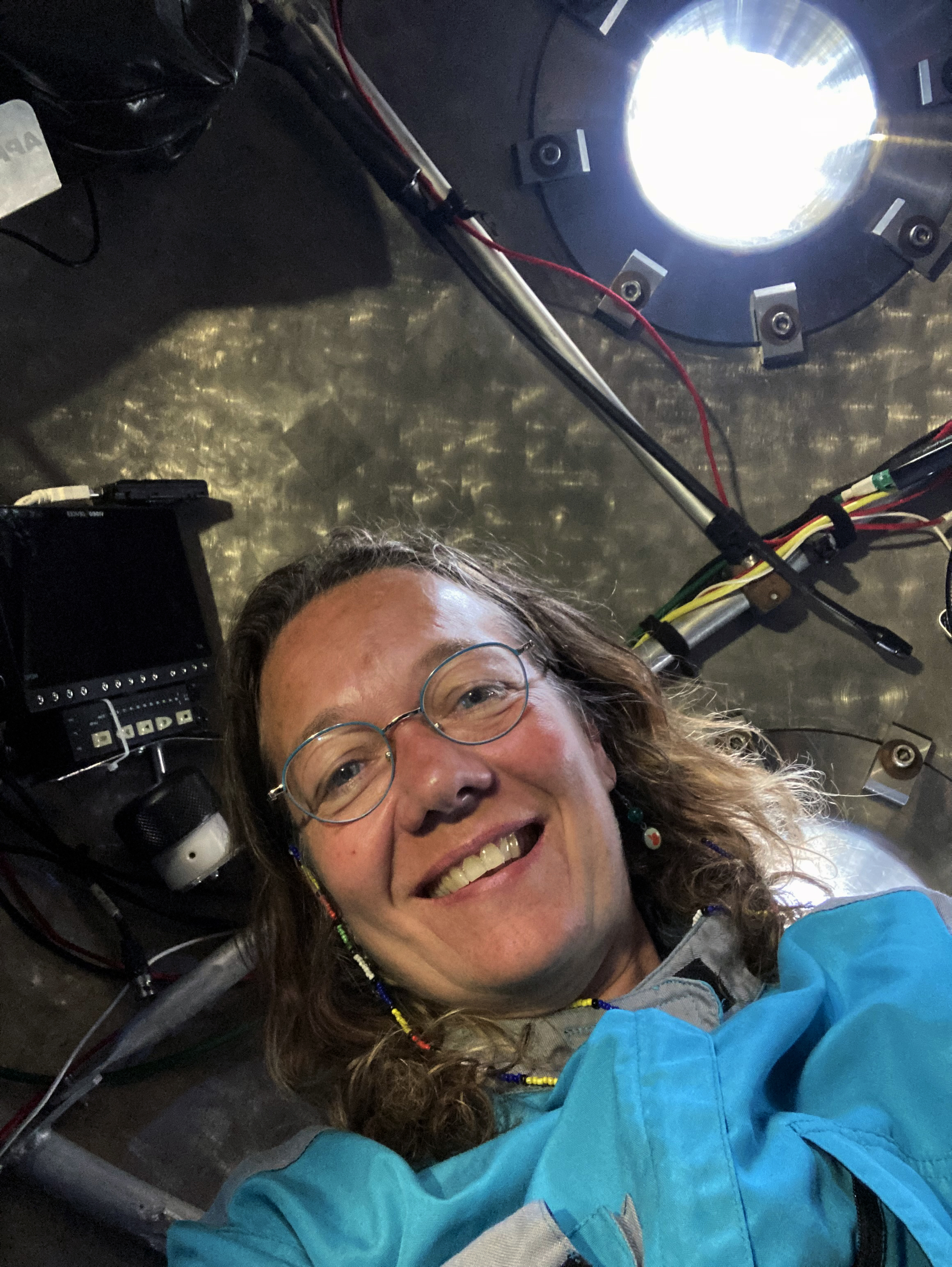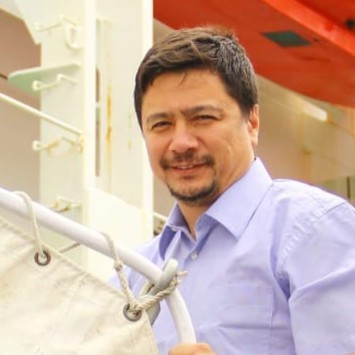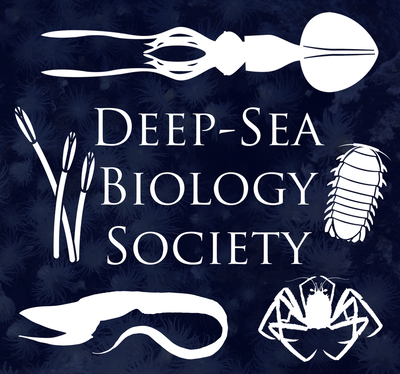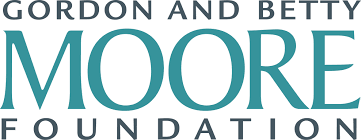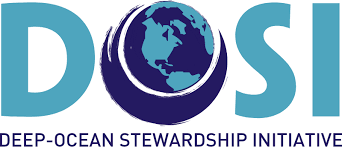Registration (take your kit) and welcome coffee
Stay tuned! New date and place announced

7th International Symposium on Chemosynthesis-Based Ecosystems
(CBE7)
14-18 August 2023, Brazil
Dear Lovers of Chemosynthesis-Related Science,
We finally have updates on the 7th International Symposium on Chemosynthesis-Based Ecosystems (CBE7). Following the delay imposed by COVID-19 to our agenda on the 7th International Symposium on Chemosynthesis-Based Ecosystems (CBE7), we are pleased to announce that CBE 7 will finally be held on August 14-18, 2023 at the University of Sao Paulo in Sao Paulo city.
CBE7 represents the 7th edition of a successful symposium series that has already taken place in Europe (Portugal, France), North America (United States and Canada), and Asia (Japan). For the first time it will take place in the South hemisphere and in South America.
We are looking forward to offering you a very productive and pleasant week.
BEM-VINDOS!
Organizing Committee,
Camila Signori, Cristina Nakayama, Maurício Shimabukuro, Paulo Sumida & Vivian Pellizari
Oceanographic Institute, University of Sao Paulo
Contact: cbe7brazil@gmail.com



